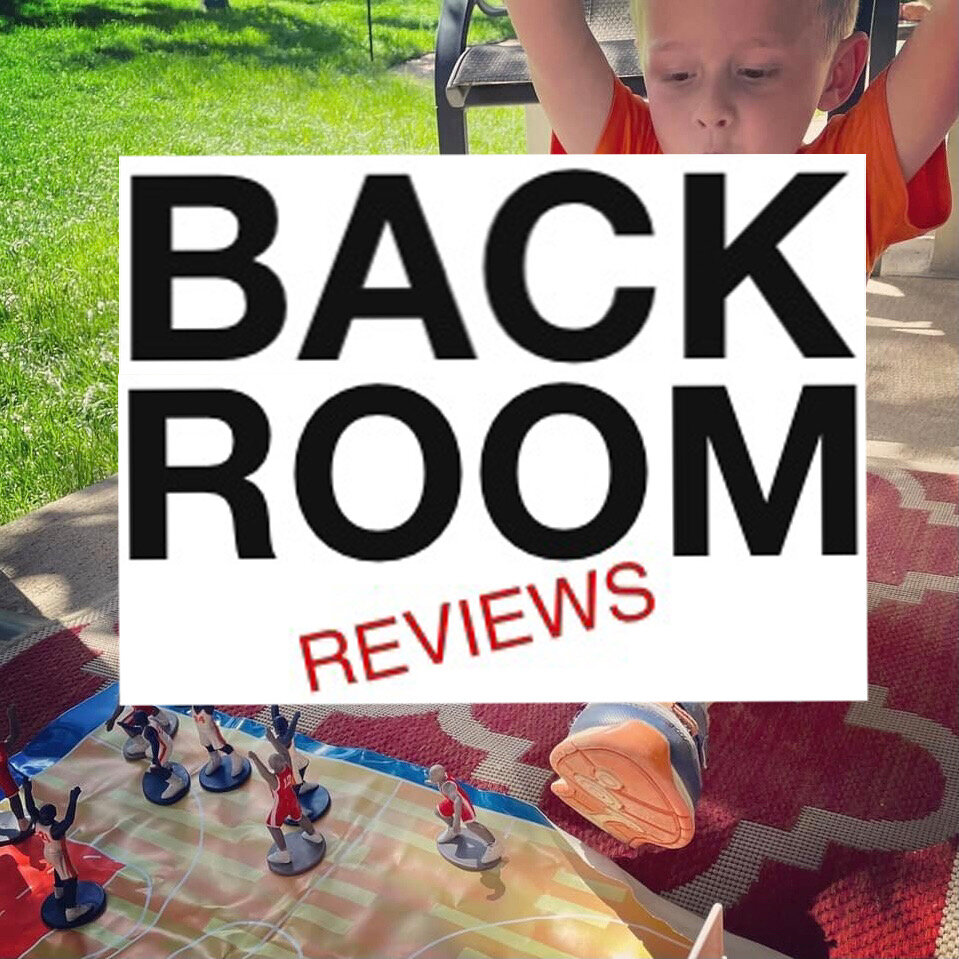I tell my grandsons I love you a lot. Returning the sentiment to those who say it to them was one of the first phrases they learned, though it did sound a bit like a foreign language at first, one only family members understood. Phonetic translation of Mac’s first utterance of it: Wuh woo!
Such I love yous in a language foreign to all but family members can become a shared sweetness, carried on through the years. But have you ever said I love you in Finnish? Swahili? Russian? Or even Spanish, for those of you who—like me—have not even the most basic of foreign language skills?
While I love you sounds the very same in some languages—think Malaysian and Maltese—there’s a whole world of ways it can be pronounced in other languages. The great thing is, you don’t need to know another language in order to learn how to say sweet somethings to your grandchildren (and others) in more ways than one, thanks to the Translate application from Google.
In the Google Translate app, simply type in a word or phrase you want to translate to another language, choose the language you’d like to convert it to, and hit enter. You then not only see how it is written, you have the ability (in most languages) to hear it pronounced.
Here are a few examples of I love you in various languages:
Swahili — Nakupenda
Dutch — Ik hou van je
Afrikaans — Ek is lief vir jou
Latin — Te amo
Czech — Miluji tě
Vietnamese — Tôi yêu các bạn
French — Je t'aime
German — Ich liebe dich
Filipino — Mahal kita
Irish — Is breá liom tú
Choose from one of those or perhaps one that’s part of your family heritage. Better yet, visit Google Translate with your grandchild to choose another. The phrase you choose and learn can then be your special love language, at least when it comes to saying I love you.
You also can type in a phrase you typically say to your grandchildren—such as the one I often say to my grandsons to make them giggle: Grandma loves you soooooo much!—and find another language in which to say it. It’s a great way to create a special code word or phrase just for you and your loved ones to share throughout the years.
My special phrase for my two grandsons in Swahili? Grandma anakupenda sana! And I do. Soooooo much!
Happy Valentine's Day! Or as they say in Azerbaijani: MüqəddəsValentin günü!
Today's question:
What special twist do you put on your I love yous, to kids or other loved ones?
























